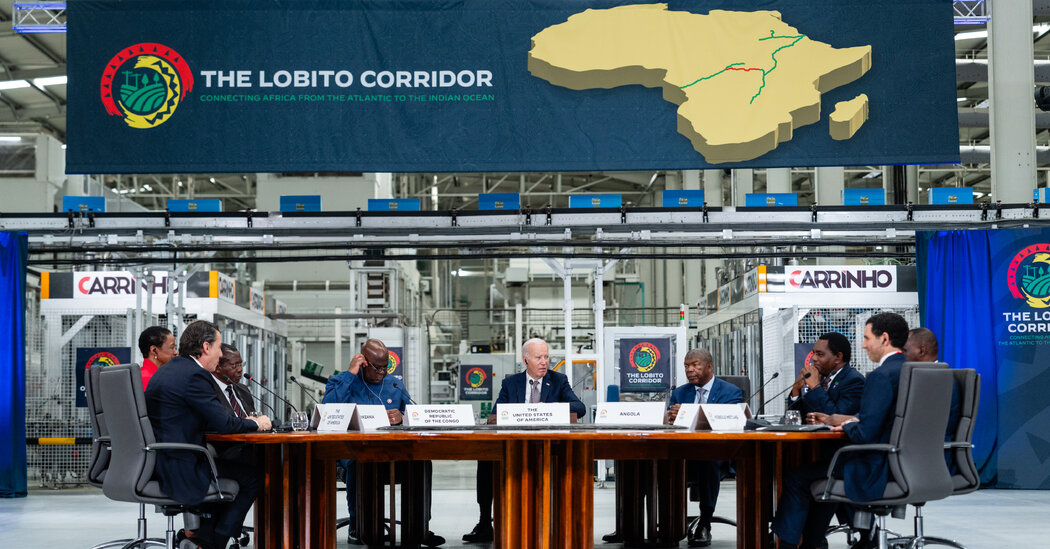The Lobito Corridor: A Strategic Development in U.S.-Africa Relations
An ambitious 800-mile rail corridor stretching from Angola’s northern border to the Atlantic Ocean has emerged as a cornerstone project under former President Joseph R. Biden Jr. This initiative aims to counterbalance Chinese influence in Africa and redefine America’s engagement with the continent. However, with the transition to President Trump’s administration, there were significant concerns regarding the future of such projects, especially given his administration’s quick moves to roll back decades of American aid and support for Africa.
The fate of the Lobito Corridor, pivotal for enhancing U.S. access to vital minerals like cobalt and copper—essential for the global clean energy transition—remained uncertain as President Trump took office. However, this week marked a turning point when James Story, the acting U.S. ambassador to Angola, indicated that the Trump administration is indeed supportive of the Lobito Corridor project.
Mr. Story, who has been in Angola since October, is currently leading a delegation of over a dozen diplomats, primarily from Western nations, on a three-day promotional tour along the rail line. This tour includes meetings with local politicians and stakeholders, showcasing a renewed interest in U.S. involvement in Africa.
As President Trump assembles his Africa team, this tour serves as a glimpse into the administration’s policy direction for the continent. Observers are beginning to discern how Trump’s strategies may align with or diverge from those established by Biden. According to Osvaldo Mboco, a professor of international relations at the Technical University of Angola in Luanda, “The Trump administration is all about fostering business opportunities that favor the United States.”
This evolving dynamic in U.S.-Africa relations not only highlights the importance of the Lobito Corridor but also reflects a broader strategy to engage more deeply with the continent’s resources while countering other global influences.




